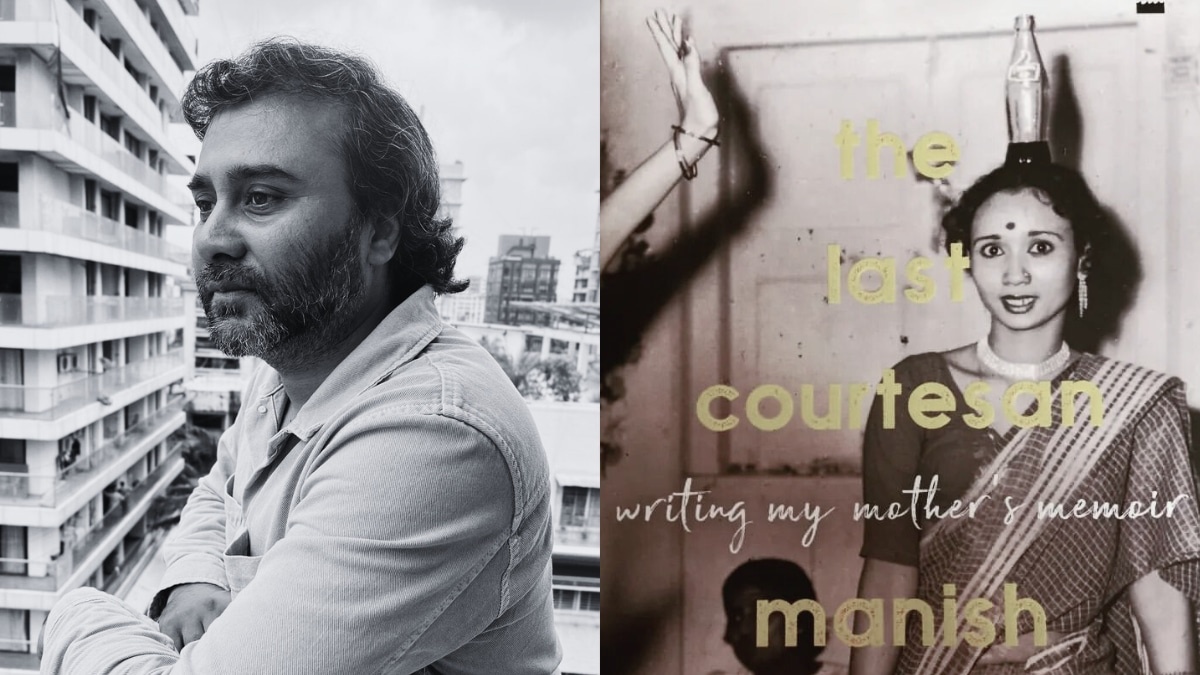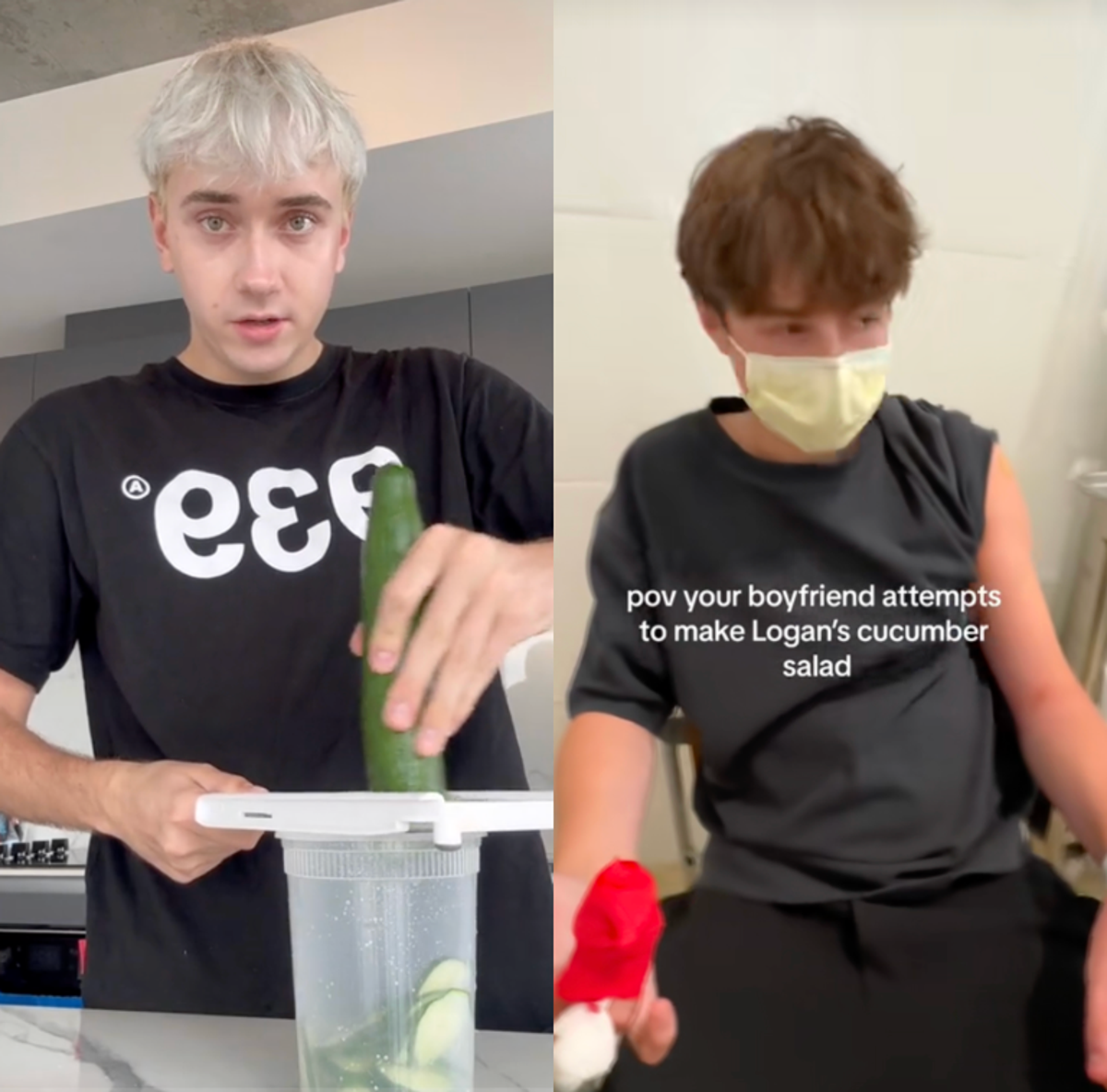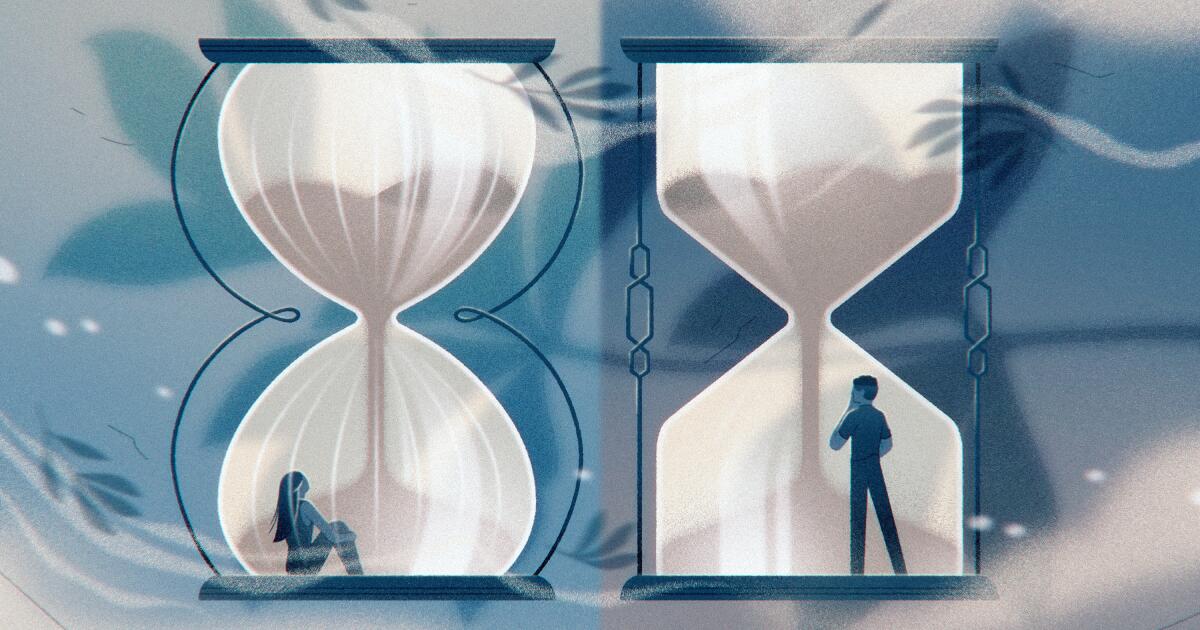Manish Gaekwad's 'The Last Courtesan' offers a vivid and moving exploration of the life of a courtesan during the twilight of a fading era. Set against the backdrop of a rapidly modernizing India, the memoir delves into themes of tradition, transformation and survival. Gaekwad's narrative of her mother's experience as a nautch girl weaves a tapestry of rich historical detail and a compelling character study, presenting a world where art, desire, and social change collide.
Through the eyes of the protagonist, readers are invited into the complexities of a life marked by both greatness and marginalization. With delicate but powerful prose, Gaekwad resurrects a lost world, inviting reflection on the complexities of heritage and the passage of time.
In an exclusive conversation with News18, the author spoke about his mother's life and legacy, how the memoir came about, Sanjay Leela Bhansali's 'Heeramandi' and much more.
In the book, you explore your mother's life and legacy. How did you approach the process of writing her memoir?
The process was quite simple. My mother spoke and I recorded and transcribed it. I was just the stenographer! During the pandemic, when she was seriously ill, I took care of her in Kolkata. We use the time to come together, and especially at tea time, the twilight hour when the horizon is between night and day and one finds it conducive to reflection on one's life and purpose.
Did you always plan to write about your mother? Could you remember incidents from your childhood that perhaps sparked your interest in getting to know your mother a little better?
No. It just happened. In 2018, after my first novel was published, I wrote an essay about us, which went viral and led to a book deal. That's when I went to my mother and said, 'Look, there's an auction between publishers for your story.' She laughed and got ready to do it. She had been telling me incidents of her life during my childhood, but now the time had come. As a kid, I was too busy reading Archie comics, Champak, Chandamama, Target magazine, Misha, Mayapuri, etc. to be interested in my mother's history. In fact, she had heard him recall incidents from her life as if they were a comic book adventure. She didn't think about it miserably. Even when she was recording it, she enjoyed narrating it as if it were an exciting journey.
Your personal relationship with your mother has played a vital role in the creative process of this book. Would you mind explaining how it influenced your writing?
My mother and I lived apart for long periods. She put me in boarding school when I was five. She sent me to live with her sister in a slum in Poona when I was seventeen. I then worked in several cities, meeting her once a year. So I think detachment from her helped me be objective and not allow my emotions to influence my writing about her. I think of her as someone outside of her identity as my mother. She is much more than that and all of that must be expressed without whitewashing her story as her only daughter.
You discuss the concept of identity in the book. How do you think your mother's experiences shaped her sense of self and how has that impacted your life and the way you grew up?
He saw too much, too soon. She hardened her spine but also softened her gaze. Her instincts were strong and his actions kind and helpful. I think she passes from mother to son. I try to live according to her values, which are surviving adversity with a tear in one eye and a smile in the other.
How do you think writing “The Last Courtesan” has changed your perception of your mother and her life?
How can you not love a woman like that? She endears herself to death, something she perhaps found sentimental in her lifetime. In writing TLC, I realized how she moved heaven and earth to give me the life she was denied. When she passed away, a friend wrote to me: 'All moms are great, but yours was better than most.' It floods my heart.
Sanjay Leela Bhansali's Heeramandi has sparked renewed interest in the lives of courtesans. What do you think about his approach and description?
It's all fantasy. Reality does not always promise entertainment. I quite enjoy the show.
Returning to your book, would you like 'The Last Courtesan' to become a film? If so, how would you like it done and who would you prefer to see as the leader?
Sure why not? If the biopic is not just about heroic acts but about a more complete personality. It totally depends on the filmmaker's vision how they do it. I haven't thought about leadership, maybe it deserves a debutant or someone I can't think of apart from the obvious big names, who should have a chance.
Lastly, could you tell us what the next step is for you?
I am writing the sequel to TLC, about my own childhood years in the kothas of Calcutta and Bombay.












